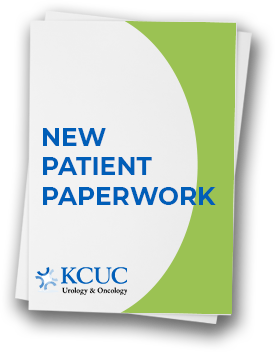The urinary tract is a complex system responsible for the production and elimination of urine from the body. Comprising vital components such as the bladder, kidneys, and the tubes that connect them, known as ureters, this intricate system works to maintain a clean and balanced urinary tract system. Typically, urine within this system remains sterile under normal circumstances. However, challenges may arise when unwelcome guests, such as bacteria or other microorganisms, breach this environment, leading to urinary tract infections (UTIs). When an infection takes hold, it often manifests through uncomfortable symptoms, disrupting the individual’s daily life and comfort.
Yet, it’s important to note that not all urinary tract encounters with bacteria result in immediate symptoms. In some instances, microorganisms may peacefully coexist within the urinary tract, unbeknownst to the individual. This phenomenon is termed “asymptomatic bacteriuria.” Importantly, asymptomatic bacteriuria typically does not necessitate immediate treatment.
In essence, the urinary tract serves as a critical component of our overall health, safeguarding the body by efficiently processing and expelling waste.
At KCUC, our dedicated team of experts is here to provide you with personalized UTI treatments, tailored to your unique needs, guaranteeing your comfort and overall well-being.
Risk Factors for Women
- Sexual activity (usually from contamination of vaginal bacteria)
- Lack of estrogen can lead to UTI causing bacteria in the vagina.
- Use of feminine hygiene products containing deodorants
Risk Factors for Men
- Uncircumcised
- Prostatic enlargement
- Anal intercourse
Risk Factors for Men and Women
- Diabetes
- Obesity
- Voiding dysfunction – poor bladder emptying due to obstruction or neurologic causes
- Kidney stones or structural problems with the urinary tract
- Urinary catheters and procedures
Symptoms
The most common symptoms include burning with urination, frequency, sensation of incomplete emptying, urgency to urinate, blood in the urine, and foul-smelling urine. Pain in the flank area with fevers, chills, and nausea suggests infection in the kidneys (pyelonephritis).
Diagnosis
A urinary infection may be indicated by an office urinalysis (UA), but to confirm infection a urine culture done in the laboratory is necessary. This usually requires a clean-catch urine sample incubated in a culture dish for 48 hrs. There are some new genetic urine tests which have the potential to identify urine infection with antibiotic sensitivities much quicker and more accurately. These are expensive and not yet widely used.
Kansas City UTI Treatment
Most uncomplicated bladder infections in healthy women will respond to a three-day course of culture-directed antibiotics. More complicated infections in women or UTI in men may require a longer course of antibiotics of 7 days or more. For patients with frequent or chronic UTI, a low dose of daily antibiotics may be required for 4 – 12 weeks. For some women bothered by infections after intercourse, a single antibiotic taken just before or after coitus can be helpful.
Prevention
For evaluation of complicated or recurrent UTI, upper urinary tract imaging and cystoscopy may be needed. Treating the findings of urinary abnormalities, such as urinary stones, obstruction or structural alterations is the best means to prevent future infections. If no abnormalities are found, then a few lifestyle changes can be helpful.
- Weight loss and good control of diabetes if present
- Increase dietary water and stay well hydrated
- Good hygiene and wiping habits (i.e. front to back)
- Urinate after sexual intercourse
- Probiotics to improve intestinal bacteria
- Avoid anal intercourse
- Avoid excessive use of antibiotics when symptoms are absent
Our Locations
With over 20 experienced urologist office locations in Kansas and Missouri, the doctors at KCUC proudly offer local treatment for urinary tract infections (UTIs) in Kansas City, Overland Park, Emporia, Leavenworth, Clinton, Liberty, Olathe, Harrisonville, Independence, MO & the entire KC metro.
Contact KCUC today and choose the Kansas or Missouri location closest to you for all of your Kansas City urinary tract infection (UTI) needs and questions.

